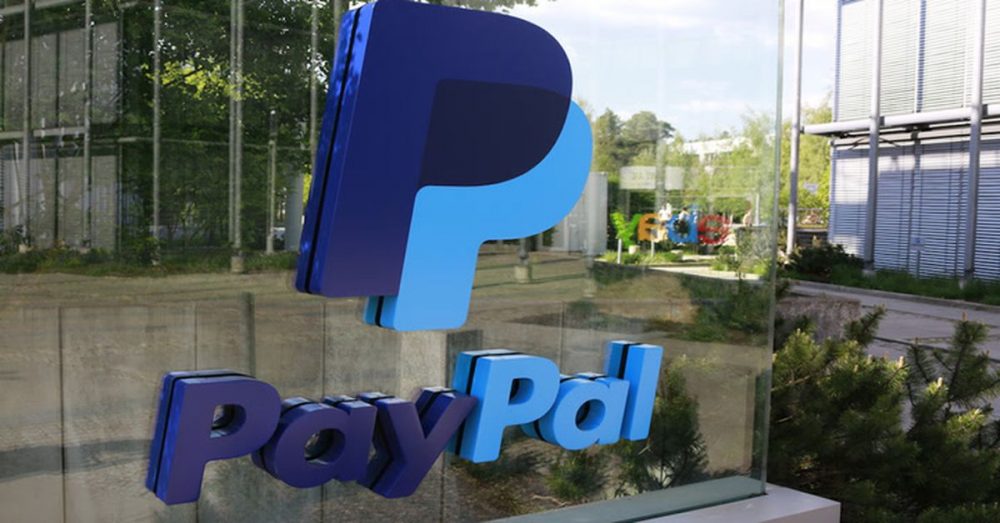The dominant players in stablecoins, cryptocurrencies designed to mimic US dollars, don’t appear to be flustered by fintech giant PayPal launching its own PYUSD token, but it’s a “watershed moment” in terms of bringing regulation to the space, according to Paxos, PayPal’s partner on the project.
The vast majority of stablecoins in circulation are either USDT, created in the early days of crypto by a firm called Tether, whose market cap recently reached an all-time high of $83.2 billion in June; or Circle, a U.S.-based company that is the issuer of the USDC stablecoin in cooperation with Coinbase.
There’s a glaring difference between PYUSD and its other rivals, however, says Walter Hessert, head of strategy at Paxos, that comes courtesy of Paxos’ status as a trust company regulated by the New York Department of Financial Services (NYDFS).
“The difference is significant because we have a prudential regulator,” Hessert said in an interview with CoinDesk. “In our case you have a regulator overseeing every activity involved in the issuance, including the reserve management. It means no matter where you are in the world, anybody who has this token is protected by the oversight and the rules that are set for us by New York.”
In terms of those rules, a big one is the removal of bankruptcy risk, Hessert said. “Customers’ assets are protected, including if Paxos were to go bankrupt – a situation we now see with a bunch of companies in crypto. If you can end up sitting in line as a general creditor of a private company that issued you a stablecoin, that’s not as good as a physical dollar,” he said.
If Paxos were to become bankrupt, Hessert explained, its regulator NYDFS would step in and PYUSD would be held out of the bankruptcy. In this way, customers wouldn’t become unwitting creditors in a bankruptcy, and funds would be returned to every token holder.
While PayPal’s latest move into the stablecoin market won’t likely have much impact on Tether, according to its CTO Paolo Ardoino, since it has yet to enter the U.S. market, PYUSD could become a worthy competitor to USDC, which has seen a steady decline in market cap following the collapse of Silicon Valley Bank (SVB).
Circle did not immediately respond to a request for comment from CoinDesk.
PayPal has steadily evolved within the crypto space, offering to allow customers to buy, sell and hold some cryptocurrencies a few years back, essentially following the likes of Block and CashApp. Introducing its own stablecoin is something of a leap in terms of innovation, however.
Like Tether and Circle, reserves will be held in U.S. treasury bills. The interest earned on those T-bills will be shared between PayPal and Paxos.
“USDT and USDC are pretty similar these days,” Hessert said. “They are both unregulated, and they both are fairly transparent now.”
PayPal did not immediately respond to a request for comment.




